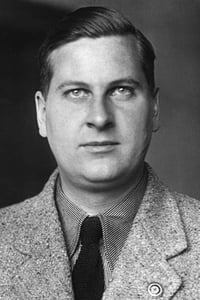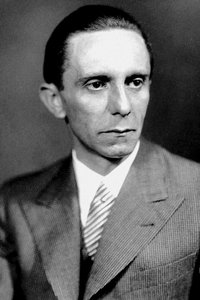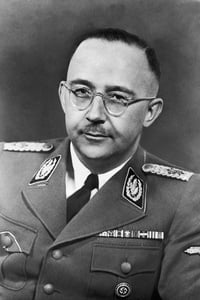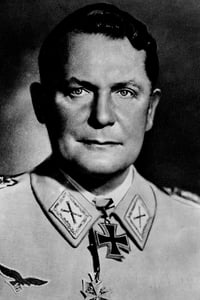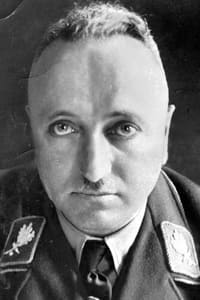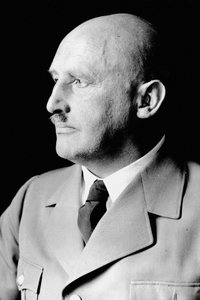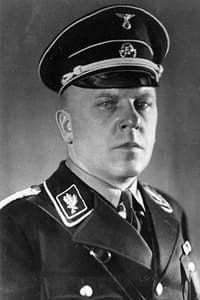Der Nürnberger Parteitag der Nationalsozialistischen Deutschen Arbeiterpartei
Genres
Documentary
OverView
A film about the Nuremberg Party Congress of the NSDAP in 1929.
Others
Budget
$--
Revenue
$--
Status
Released
Original Language
German
Runtime
64 mins
Rating
0/10
Release Date
01 January 1929
Country
Germany


